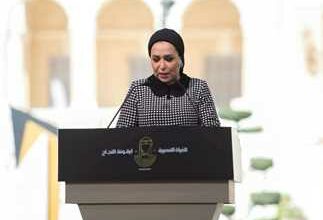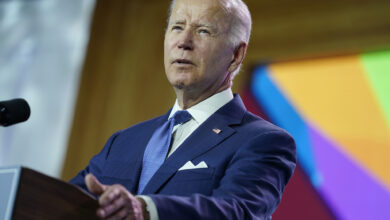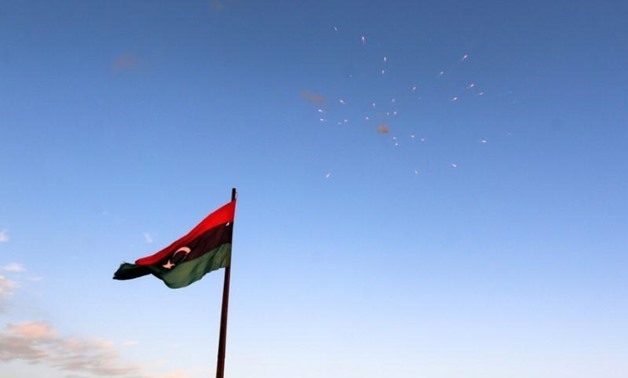
Human Rights Watch slammed the final draft of the constitution passed early Friday, saying it undermines certain rights. The New York-based rights watchdog faulted the Constituent Assembly for adopting the draft without consensus amid a political crisis.
The constitution, approved amid a political standoff between the president and the judiciary, provides for basic protections against arbitrary detention and torture, and for some economic rights. But it fails to end military trials of civilians or to protect freedom of expression and religion, HRW said in a statement.
The constitution-drafting process has been extremely contentious, and a number of assembly members resigned in protest over what they said was the failure of dominant Islamist factions to compromise on key issues, including the place of religion in affairs of state. The final draft would need to be ratified in a constitutional referendum to go into effect.
The decision comes on the heels of President Mohamed Morsy’s controversial 22 November constitutional declaration, which immunized his decrees from judicial review.
“The decision of Constituent Assembly leaders to move a flawed and contradictory draft to a vote is not the right way to guarantee fundamental rights or to promote respect for the rule of law,” Joe Stork, deputy Middle East and North Africa director at Human Rights Watch, said in the statement. “Rushing through a draft while serious concerns about key rights protections remain unaddressed will create huge problems down the road that won’t be easy to fix.”
HRW praised the deletion of some provisions included in an earlier draft, saying they were incompatible with human rights law and would have unduly restricted free expression or the practice of religion. But it also said the latest draft has removed the clear prohibition of trials of civilians before military courts.
The rights group said its key concerns were over the issues of protection of rights, freedom of religion, military trials of civilians and women’s rights.
Concern over the protection of rights regarded Article 81, which states that the free exercise of these rights and freedoms should not conflict with the principles in the constitution’s state and society chapter.
Provisions in that chapter include Article 10, which states that “the state and society shall commit to preserving the true nature of the Egyptian family,” and Article 11, which states that the state “shall protect ethics, morals and public order.”
The language in both these provisions is overly broad, open to interpretation, and available to justify wide-ranging limitations on key rights, HRW said.
The articles on protecting freedom of expression contradict Article 44, which prohibits “the insulting of prophets.” The watchdog added that the article — along with Article 31, which states that “the individual person may not be insulted” — are not legitimate limitations on freedom of expression under human rights law.
The group said the draft constitution makes difficult, if not impossible, any meaningful reform to the existing Penal Code provisions that criminalize “insults” and defamation — provisions that in the past have been frequently used to prosecute critics of the government.
Criminal prosecutions on charges of “insulting the president” or “insulting the judiciary” have increased since Morsy took office.




